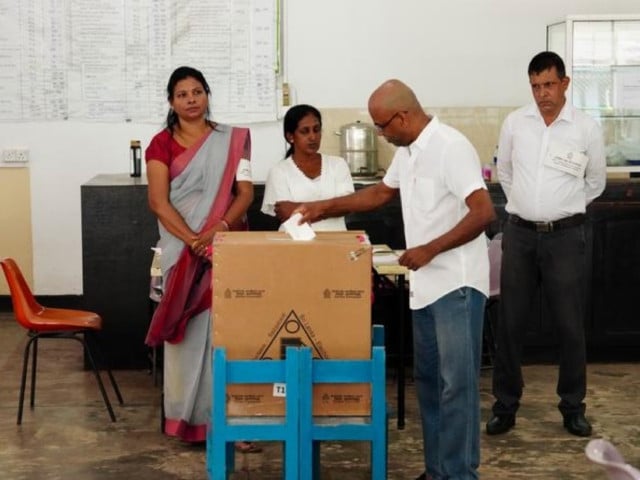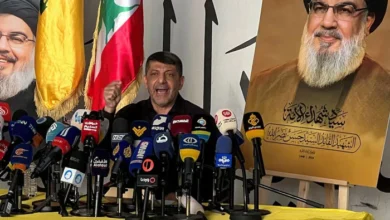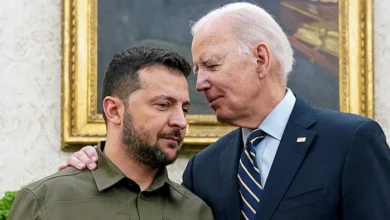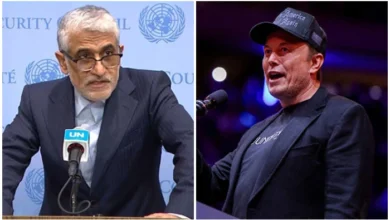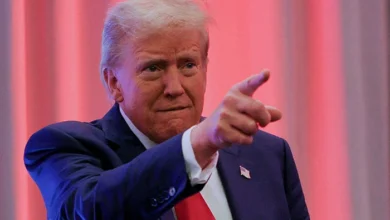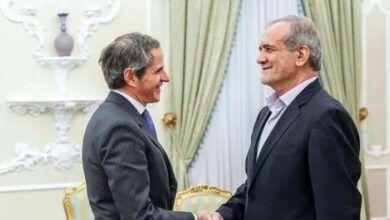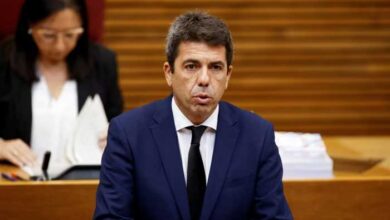Sri Lankans began casting their votes today in a pivotal presidential election, marking the first major electoral event since the country’s economic collapse in 2022.
More than 17 million registered voters are eligible to participate in this election, which could significantly shape the nation’s path to recovery following its worst financial crisis in decades.
The election features 38 candidates, including incumbent President Ranil Wickremesinghe, opposition leader Sajith Premadasa of the Samagi Jana Balawega (SJB), and Anura Kumara Dissanayake from the National People’s Power (NPP).
Recent opinion polls indicate a competitive race, with Dissanayake gaining traction among voters seeking change.
Voting commenced at 7 am local time and will continue until 4 pm, with more than 13,000 polling stations established across the island.
Reports suggest that voting has proceeded smoothly, with citizens lining up early in the day to cast their ballots. Observers noted a sense of urgency among voters, reflecting the election’s significance for the nation’s future.
Wickremesinghe, who took office following the resignation of Gotabaya Rajapaksa in mid-2022 amid mass protests over economic mismanagement, has overseen a tentative recovery bolstered by a $2.9 billion bailout from the International Monetary Fund (IMF).
Under his leadership, inflation has dropped from a staggering high of 70% to around 0.5%, but many Sri Lankans continue to grapple with the high cost of living and economic instability.
Dissanayake, campaigning on a platform of reform and accountability, highlighted the election’s potential to alter the nation’s course.
“This is an election that will change the history of Sri Lanka. People are voting enthusiastically,” he stated after casting his vote in Colombo.
The election employs a ranked voting system, requiring candidates to secure over 50% of the votes to win outright. If no candidate achieves this in the initial count, a second round will occur, redistributing votes among the top two contenders.
This electoral format may lead to a protracted counting process, as analysts predict a close outcome.
The election carries the weight of a referendum on Wickremesinghe’s administration and the economic reforms he has implemented.
Many voters view the election as an opportunity to reset the political landscape after years of turmoil that culminated in widespread protests and the ousting of the previous government.
Security measures have been heightened across polling stations, with a significant presence of public officials and law enforcement to ensure a peaceful voting process.
Voter turnout is expected to be high, given the deep-rooted public desire for change in leadership and policy direction.
As the day unfolds, the Election Commission is preparing to begin counting votes shortly after polls close, with results expected to be announced by Sunday.
The newly elected president will face the daunting task of steering Sri Lanka toward stability and economic growth, addressing the needs of a populace still struggling to recover from the impacts of the financial crisis.

